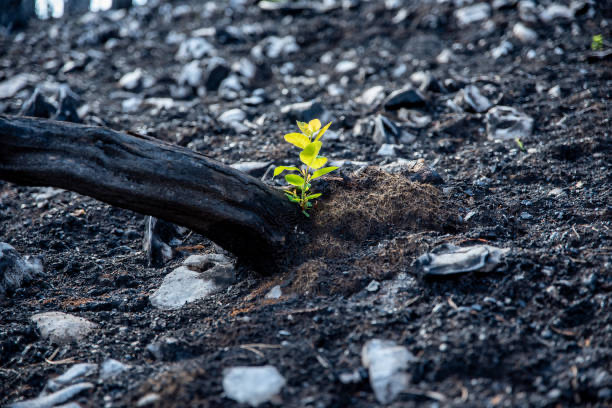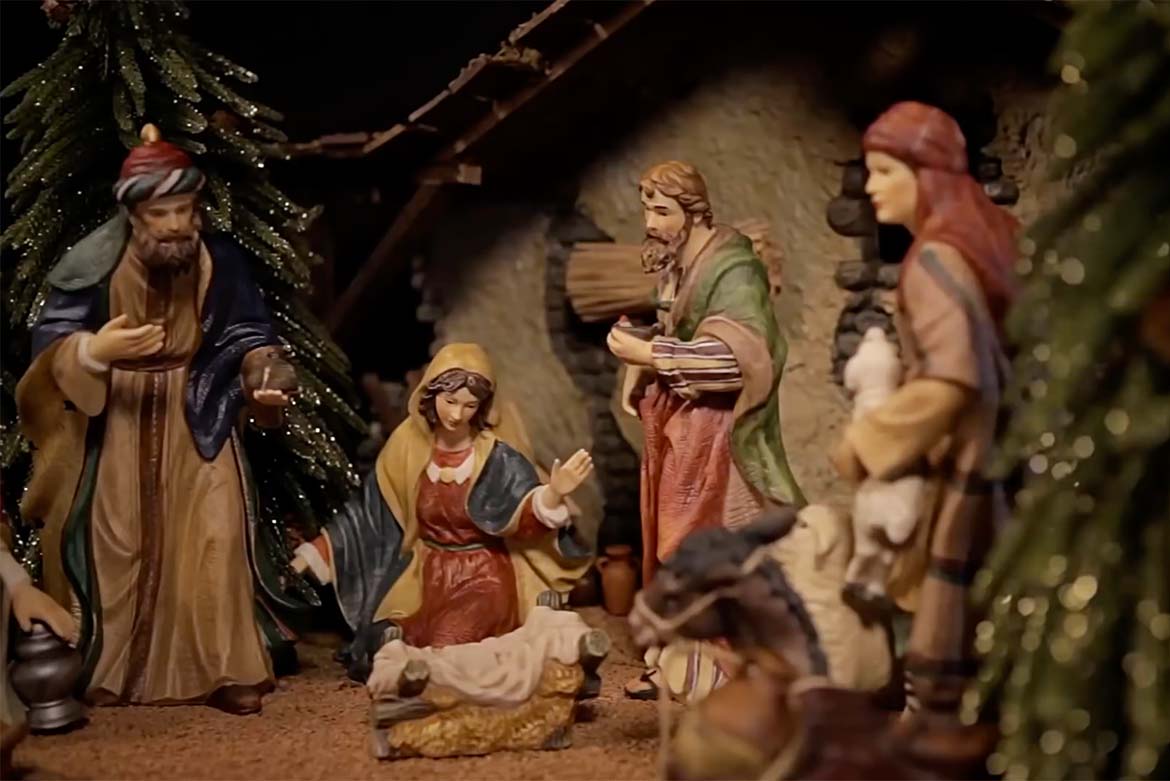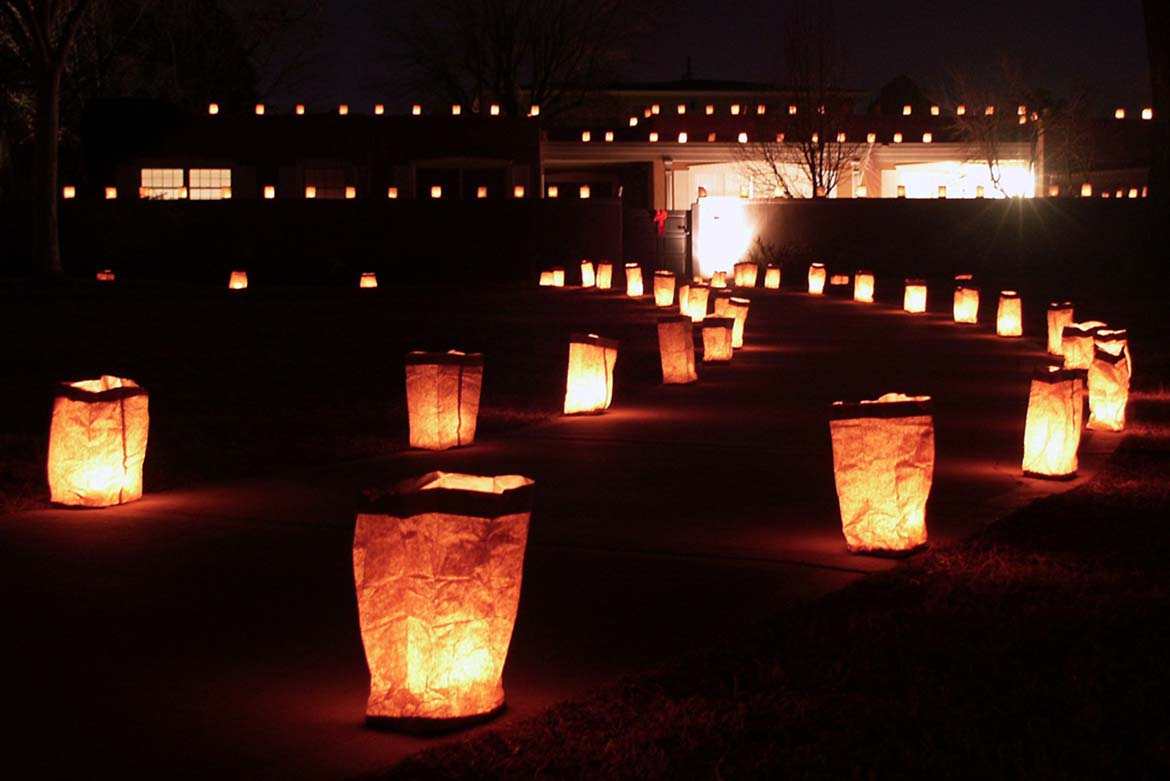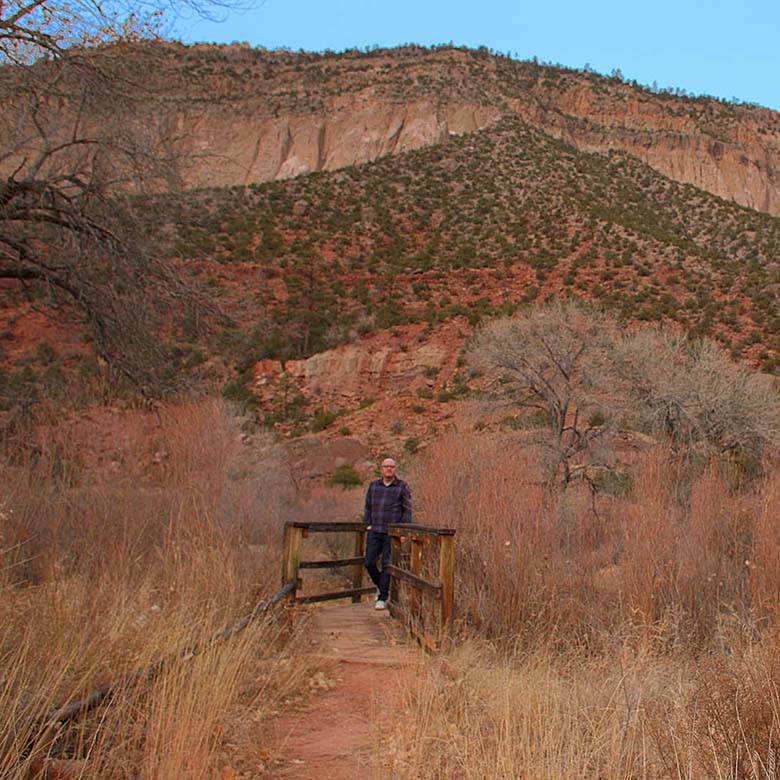
Shame: The Swampland of the Soul
I am a big fan of taking a night and going to the movies. I love the entire process of purchasing the perfect
seat, overpriced movie popcorn, a real coke, and candy. I fully enjoy the corny previews and sincere
attempts by the theater to ensure everyone turns off their cell phones and cut down on chatter. Best of all,
the experience of the movie theater brings a bit of separation and suspension from the world outside and
allows me to live in a space I typically do not occupy.
Unfortunately, due to managing schedules and life in general, I am not able to visit the movie theater
often, but when I heard that Inside Out II was making its way to the theater, I was all in. The Inside Out
movie franchise is one I enjoy quite a bit. As a therapist, I am well aware of the dry well in which many
of us find ourselves in when attempting to identify and name our feelings. I am too well versed in the
various methodologies in attempting to assist people in the art of identifying and naming feelings. Inside
Out is one of those movies that comes along and greatly assists its viewers in an engaging way to visually
understand what feelings are, how they interact together, and the importance that each feeling plays in our
lives. Well done!
For Inside Out II I was interested in the introduction of the new line of feelings, specifically the feeling of
Anxiety and I assumed that we would also be introduced to Shame. I do not know why I was under the
impression that Shame would be included as there was no indication that this would be the case. I knew
from articles written regarding Inside Out I and II that therapist had been consulted in the creating of the
movie, it’s story line, and what feelings to include and I simply assumed we would see Shame. As the
movie progressed, I realized that although I was going to experience Anxiety, Shame would not be
present (one could read a great deal into that statement!). Do not get me wrong, I enjoyed Inside Out II,
but I was curious about the absence of what I view as a critical feeling. So I decided to do a little research,
and discovered that Shame was originally going to be included in the movie, but the producers felt the
feeling was “…too heavy and not fun to watch.”
Carl Jung – Swiss psychiatrist whose work on archetypes and the collective unconscious are still studied
today – is credited with identifying shame as the swampland of the soul. I appreciate the visual this
description brings as shame can be a difficult feeling to explain. In the simplest terms, while the feeling of
guilt is about an action: “I did something bad,” shame is about the self: “I am bad.” Delving into the
feeling of shame is critical as we each work to come to a better understanding of who we are. If we take
time to navigate the swampland of shame, we learn to be vulnerable, empathetic, and care for ourselves
which in turns builds emotional intelligence and emotional resilience.
My hope for you today is that you do not back away from feelings or experiences that seem too heavy, not
fun to watch, or like a swampland. Share your story, learn and grow from each of your experiences, and
perhaps by the time Inside Out III makes its way to theaters, we will finally understand and met Shame.
Blessings on the Journey,
Rev. Dr. Kelly Jackson Brooks, LPCC
Executive Director
Chrysalis Counseling For Clergy

Discernment by Nausea in a Season of Remembrance
I recently heard the phrase, Discernment By Nausea and I was immediately drawn to it. Perhaps it is because of the season of Lent that we are entering into or perhaps it is because of the season I have personally found myself in and perhaps it is a little bit of both!
The thought behind this phrase is that we often play it safe when it comes to our lives in faith. We get comfortable in the predictability of our day to day’s – the rhythm of waking up and having that first cup of coffee, walking into our offices and preparing for the day ahead, and simply doing the work instead of experiencing the work that we have been called to. This calling is not always a comfortable experience for us and can make us feel a little queasy at times, but the process of pulling us from that which is uncomfortable to experiencing the fullness of that which we are continually being called to is a process worth exploring.
I encourage each of you to take a deep breathe in and begin to contemplate where the Spirit is leading you – perhaps out of your comfort zone into a season of Discernment By Nausea!
The Chrysalis Team is here to offer support and guidance in this and every season.
Care to you this day,
The Chrysalis Team
Learn More
When Our Call Feels Like a Burden
What happens when our call feels like a burden? The stories that we just read in Advent all feature God calling people to participate in the mystery of Christ’s birth. Each of them says “yes” in some way or another. Similarly, ministry leaders at some point responded to a call from God for Christian service. While the Advent stories of Joseph, Mary, Zechariah, Elizabeth, the shepherds, and Magi, are each marked with joy, hope, love, and peace, sometimes the call upon our lives as ministry leaders can feel like something else; a burden.
Where did Advent and Christmas leave you emotionally? At the end of a season when pastors are called to “do” so much, how do we reclaim our call when we might feel burdened? On some level most of us probably already know the answers to that kind of question. We know through our training that prayer and spiritual disciplines ground us. We know that reaching out to trusted friends and colleagues helps. We know that taking time to exercise, eat right, and balance our work and personal life, makes a difference.
Nonetheless, sometimes doing those things is too much. When that happens, and when ministry becomes a burden too great to carry, what do we do? First, it is important to understand that you are not alone. Biblical giants like David and Elijah found themselves burdened to the point of being disheartened and down for the count. We also know that in our modern world clergy feel overwhelmed more often than not. Consider also that after Mary was visited by the angel with news almost impossible to believe she journeyed to see Elizabeth. You are not alone.
Second, it is important to know that there are resources that can help. You’re here, at the Chrysalis Counseling for Clergy website. We offer tele-mental health, covenant groups, and renewal retreats. In the short term, contact us if you need a mental health professional to speak with, want to engage in a supportive community, or just need some time away for renewal.
Third, take this as a word of encouragement: even if it is difficult—do something that gives you life, reminds you of your call to ministry, or just excites you about ministry. It doesn’t have to be a big thing. It doesn’t have to change the world. Just do one thing that makes a positive impact on you.
Finally, let us know how we can walk alongside you.
Learn More
Light
One of my favorite moments during the entire year, is when the 11:00pm Christmas Eve service is completed and I get in my car and I drive around town looking at the farolitos – it’s a perfect time to see them because they are starting to fade a bit but still keeping their light going, as if to say, “I’m still here!”
And I know this feeling – when my light is fading a bit but I’m still working to stay present in the moment and to say, “I’m still here!”
But, what does it feel like when the light has gone out on us? What do we do when we can’t see or feel or know this light we hear so much about?
I must confess that even as I hear this question it feels slightly passive aggressive to me – as if I am implying that something is wrong when we can’t see, touch, feel, or know this ever-present light. As if our faith is mostly a mechanism to bypass negative emotions in favor of delusional positivity.
I have faith. And right now, I have faith that sometimes light is hard to see, and to know, and to feel – and yes, I believe that “the light will shine and the darkness shall not overcome it.”
So today, I ask you to consider: Where does the light overcome – where is the invitation to bring the light in? What is the darkness that hides the light and what do you need to do to invite the light in?
In Grace, Kelly


